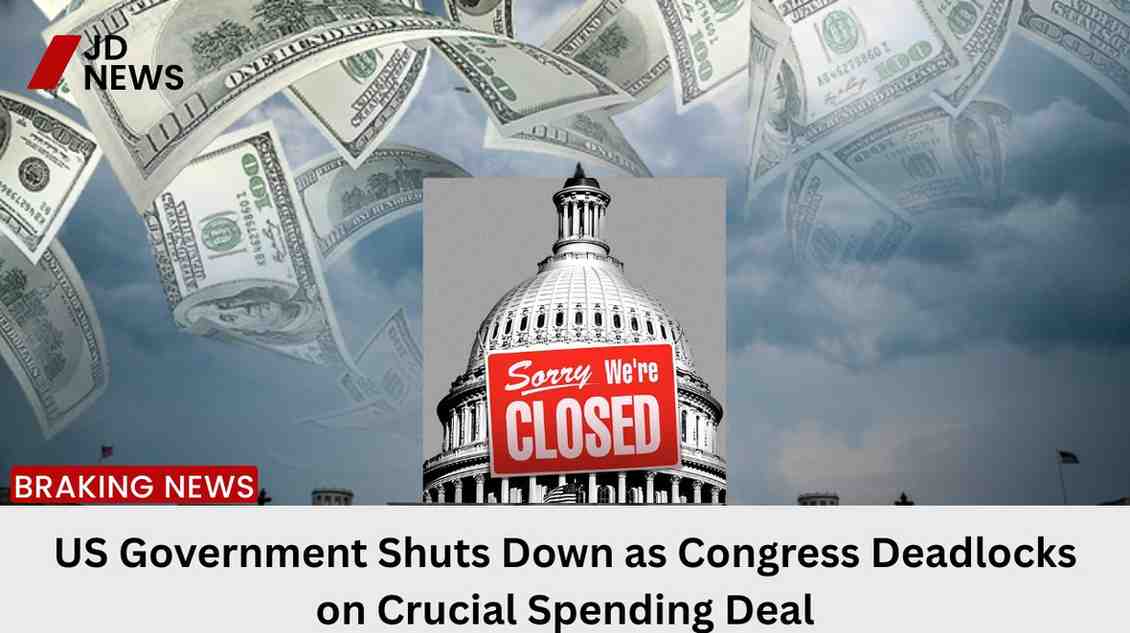US Government Shuts Down as Congress Deadlocks on Crucial Spending Deal

The federal government suffered a partial shutdown early Wednesday after Democrats and Republicans were unable to reach an agreement on a spending measure before the midnight deadline. The impasse originates from the inability to enact a continuing resolution (CR) that would temporarily prolong fiscal year (FY) 2025 government funding, leaving thousands of federal employees risking furloughs or unpaid work.
Senate Republicans had earlier proposed a short-term CR that would have extended funding until November 21, allowing Congress more time to define FY 2026 priorities. Democrats, on the other hand, opposed the idea, claiming dissatisfaction with their exclusion from shutdown negotiations and urging that any agreement handle expiring Obamacare subsidies expanded during the COVID-19 outbreak. The bill had previously cleared the House mostly along party lines, but the Senate was still divided, indicating a potential shutdown.
With the standoff unresolved, President Donald Trump and the Office of Management and Budget (OMB) now have considerable control over which federal activities continue. OMB Director Russ Vought provided instructions urging agencies to begin orderly shutdown processes but warning that if the deadlock persists, certain departments may contemplate permanent layoffs. The shutdown will affect a number of government agencies, including the Capitol Visitor Center, Library of Congress, and Botanic Garden, among others, while active-duty military members would be temporarily unpaid.
Senate Majority Leader John Thune, R-S.D., blasted Democratic demands for healthcare funding, calling them a threat to the entire government, while Senate Minority Leader Chuck Schumer retorted that Republicans are using the shutdown as a political tool, putting Americans in danger. The Congressional Budget Office (CBO) estimated that nearly 750,000 employees may be furloughed each day, resulting in a daily payroll effect of approximately $400 million.
The impasse highlights the wide ideological split in Washington and raises fears about economic and social consequences. Federal services essential to public safety, veterans' benefits, and administrative functions may be disrupted until lawmakers find an agreement. Lawmakers are likely to resume negotiations over the weekend in an effort to end the shutdown, but the timing and scope are uncertain.
The government shutdown is the first substantial one since 2019 and exposes chronic issues with federal budget management, leaving people and public employees bracing for weeks of uncertainty.